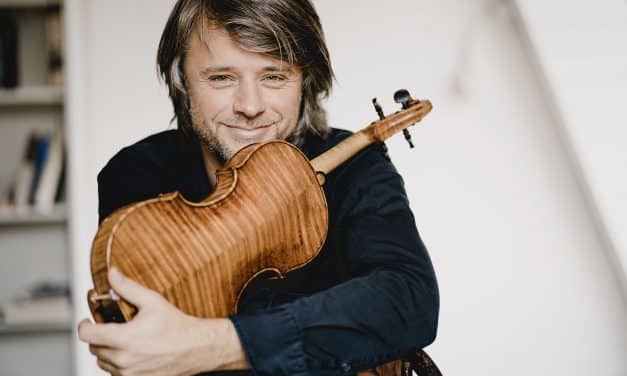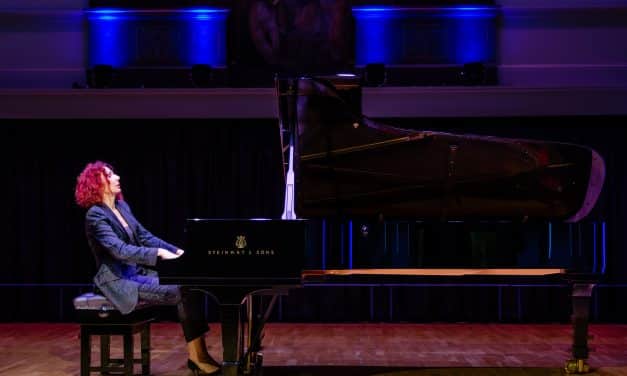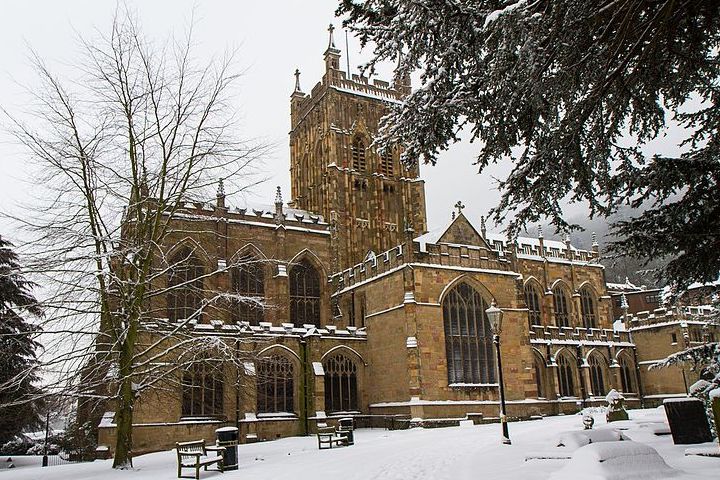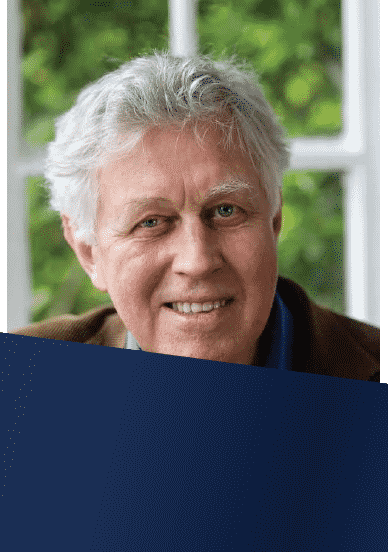Daniel Rowland at Great Malvern Priory
Following on from the success of Poulenc’s full-length ballet score, Les biches, commissioned by the legendary Sergei Diaghilev in 1923, the composer was fortunate to enjoy many well-paying commissions and fame as a result and one such opportunity was presented by the BBC in 1947 which went on to become his Sinfonietta. Although many musicologists have alluded to some ‘structural weaknesses’ within the work due to such contrasting styles, Poulenc’s complex emotional character is what gives this piece its dynamism and to quote the composer “don’t analyse my music – love it!”.
The story of Mozart’s final three symphonies is a remarkable one. He wrote all three pieces within the space of about nine weeks in 1788, as well as writing other works and simultaneously dealing with immense personal struggles. However, his Symphony No.40 is an iconic and instantly recognisable work that has been widely used in TV and film and possibly most frustratingly for classical music lovers, a catchy ringtone in the 1990s, and yet it’s power to draw the listener in is still as strong today as it was over 230 years ago.
Read More